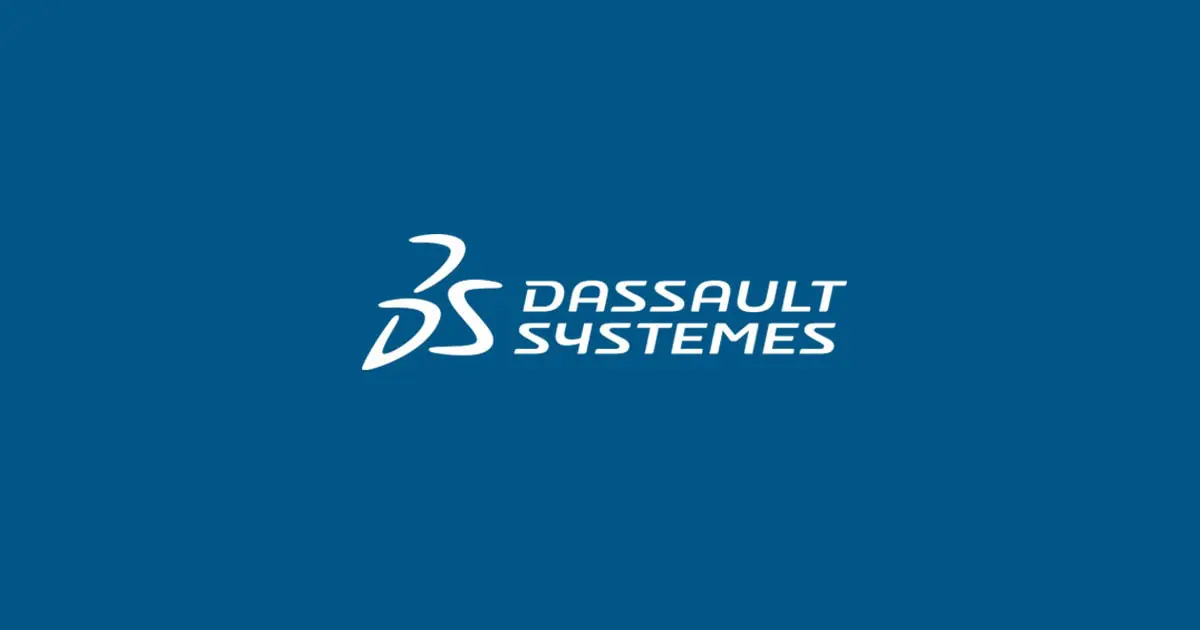The path to digital transformation involves more than picking the best technology for your workforce and putting great technologies into the products and services you sell your customers. In today’s experience economy, you need to understand what makes people tick to digitally modernize the way your people work and to delight your customers with a great experience.

Anthropology comes from the Greek word ánthrōpos, for human being. Business anthropology makes use of anthropological theories and practices in the private sector. The aim is to better understand how people think and behave, in order to bring about that organizational change you need for digital transformation and the special customer experience required for successful products and services.
If you’ve ever gone bonkers trying to use the new software your company rolled out over the weekend, or while attempting to operate a technology-drenched product you brought home for your family, you know what it means when someone is clueless about business anthropology. “The fact is that people will tune out digital businesses designed around technology, without human considerations,” said Patrick Meehan, a former Gartner vice president and distinguished analyst. “Too much technology can crowd out the human factor, especially an understanding of what customers want and need.”
Business anthropology adopts the immersive observational and interviewing techniques of traditional anthropology to get to the bottom of what people are actually doing, and what they really need. Like its traditional counterpart, it emphasizes fieldwork and interviewing—watching people in action, asking questions to find inefficiencies and pain points, and generating new ideas for user and customer delight.
Just as anthropology has revealed unknown customs and behaviors of remote societies, business anthropology can uncover behaviors not apparent from 30,000 feet, where corporate decisions are often made. “Corporate anthropology provides the possibility of actually knowing what’s happening and why in organizations,” said Thomas H. Davenport in the Harvard Business Review.
 UX is the key—the user experience, for the organization and the consumer—and companies are thinking business anthropology can help them up the pizzazz factor. In a post hosted by the American Anthropological Association, business anthropologists Robert J. Morais and Elizabeth K. Briody report that anthropologists work at companies like ADP, American Eagle, Google, IBM, Intel, and Nissan, and consult for Campbell’s Soup, General Motors, Procter & Gamble, Revlon, and WD-40, among others.
UX is the key—the user experience, for the organization and the consumer—and companies are thinking business anthropology can help them up the pizzazz factor. In a post hosted by the American Anthropological Association, business anthropologists Robert J. Morais and Elizabeth K. Briody report that anthropologists work at companies like ADP, American Eagle, Google, IBM, Intel, and Nissan, and consult for Campbell’s Soup, General Motors, Procter & Gamble, Revlon, and WD-40, among others.
The field has its own journals, including the Journal of Business Anthropology and the International Journal of Business Anthropology. Universities have taken note: Wayne State University offers degrees in anthropology with a specialization in business and organizational anthropology; at Duke University you can take a business anthropology course focused on management, user and customer experience use cases; St. John’s University offers dual programs in anthropology and business administration.
Digital transformation reaches everywhere: your processes, your information, your people, your culture, and your customers. A little business anthropology in your toolbox can help you get it right.

